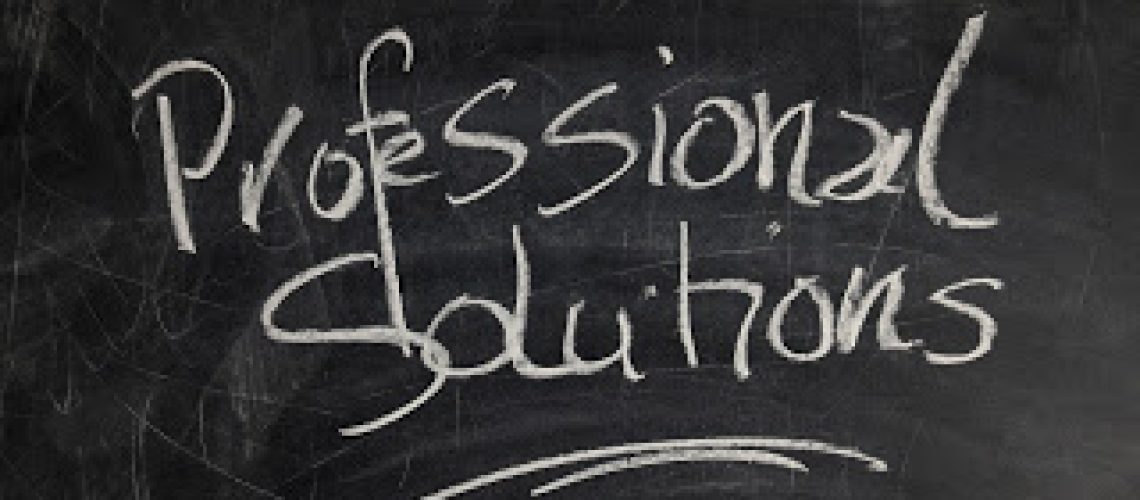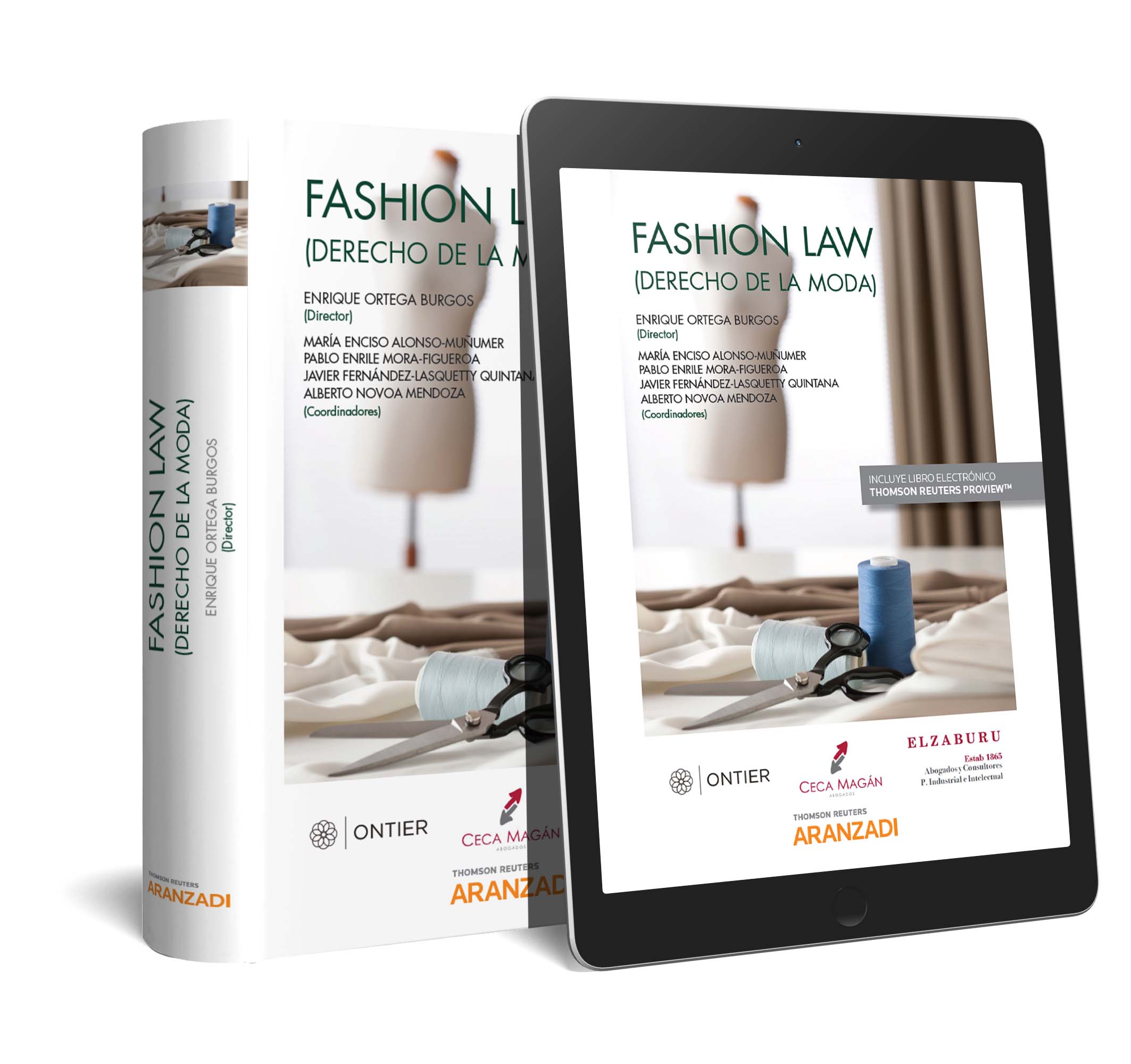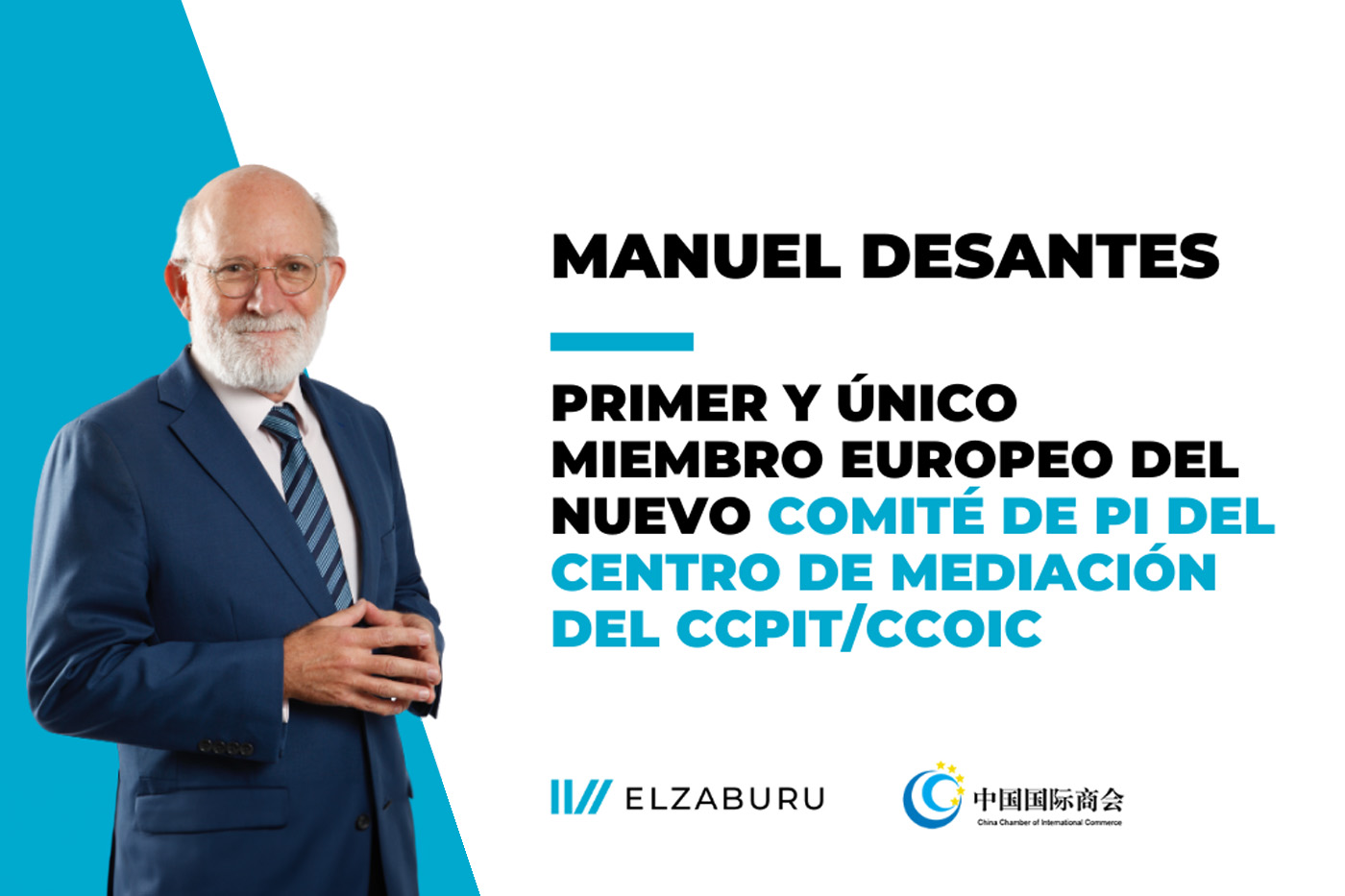The new Patent Law 24/2015, which will enter into force on
1/04/2017, introduces substantial new features in the possibilities - but also
in the requirements - to be able to obtain an invention patent in the future in
Spain.
As already indicated in entries previous to this blog,
the examination of patentability requirements will become mandatory for
all those applications that are presented once the new law and its
implementing regulations have come into force. This implies that the
applicants, and particularly those who were accustomed to following the
general concession procedure and therefore are not accustomed to
respond to communications from the Spanish Patent Office in which
question the patentability requirements of the application, they will find
with new obstacles and difficulties to overcome in the processing of their
requests. Simply to name a few, we can mention the
following:
the examination of patentability requirements will become mandatory for
all those applications that are presented once the new law and its
implementing regulations have come into force. This implies that the
applicants, and particularly those who were accustomed to following the
general concession procedure and therefore are not accustomed to
respond to communications from the Spanish Patent Office in which
question the patentability requirements of the application, they will find
with new obstacles and difficulties to overcome in the processing of their
requests. Simply to name a few, we can mention the
following:
- First of all, now the examiner will be able to address the applicant indicating
that the lack of clarity of the claims prevents a search
of significant prior art.
- As well,
the applicant must take into account that they may interfere with patentability
of his invention all those publications of European patent applications
that designate Spain and have been published in Spanish, and also those
PCT applications that enter the national phase in Spain, which would have been
submitted before the priority date of your application but published
only afterwards. If this occurs, the applicant must know that
This interference occurs only in relation to the novelty requirement, but
not that of inventive activity.
- In addition,
The applicant must also know that, when the invention refers to subject matter
animal or plant biological, the new Law requires that it must be specified in the
application its geographical origin or source of origin, although this
information will not prejudge the validity of the patent.
- As well,
For many applicants it will probably be of interest to know that the new Law
Patent Office will now explicitly recognize the patentability of substances or
compositions “for use as medicines”, a possibility that in Law 11/1986
currently in force does not exist.
- At
In the case of Utility Models, an important novelty is that the requirement of
novelty will go from being relative (new only in Spain) to absolute (at the level
world). Furthermore, they may be protected as Utility Models not only
mechanical devices, but also chemical products, substances or compositions,
although not the pharmaceutical ones.
- And by
Lastly, the applicant must get used to handling the requirements of
patentability of an invention (novelty, inventive step and applicability
industrial) and how they are evaluated in the OEPM, in order to be able to give an answer
adequate, convincing and that does not give rise to new objections - such as
of lack of clarity - to a communication from the examiner in which the
question compliance with such requirements.
But the new Patent Law not only includes changes in
substantive aspects; It also includes changes, and very numerous and substantial ones,
in various aspects of patent prosecution. Again to quote
Only the most relevant ones, we can mention the following:
substantive aspects; It also includes changes, and very numerous and substantial ones,
in various aspects of patent prosecution. Again to quote
Only the most relevant ones, we can mention the following:
- With the
new Law, it will be necessary to pay the fee for preparing the Report on the
State of the Technique in the same payment period of the filing fee of the
request.
- At
period of 3 months from the publication of the Report on the State of the
Technically, the applicant must request the substantive exam. Yeah
the examination is not requested within this period, or if such request is revoked, the
application will be considered abandoned. At the same time as asking for the realization
of the exam, the applicant will be able to respond to the objections contained in the
written opinion of the OEPM examiner who accompanied the IET.
- During
the substantive examination of the application there will no longer be a single possibility of
overcome defects found by the examiner before Resolution
Motivated, but the examiner must give the applicant new opportunities
–pending to be defined in the implementing regulations- to correct the
request and formulate new allegations. Furthermore, the modifications must be
accompanied by an explanation indicating the differences introduced and their
support in the text of the original request. And finally, if they are not answered
the examiner's requirements, or whether the applicant's attempts at this
sense are unsuccessful, the application will be denied.
- By
last: the opposition procedure by third parties against the concession
of the patent will now be post-grant, within a period of 6 months from the date
of granting the patent, instead of prior to it as occurs in
the current Law. In addition, the applicant will have at their disposal new
administrative procedures for voluntary limitation and revocation
of your patent, in case they might be of interest to you.
All of the above means that, upon entry into
validity of the new Law, the applicant for an invention patent in Spain will
You will find a totally new panorama, with numerous changes and
modifications both at the substantive level and at the procedural level, which places
highlights the need for maximum technical and professional advice
level to optimize the protection of your Property assets
Industrial with the minimum of difficulties and problems –at least the foreseeable ones-
during the processing of their patent applications.
validity of the new Law, the applicant for an invention patent in Spain will
You will find a totally new panorama, with numerous changes and
modifications both at the substantive level and at the procedural level, which places
highlights the need for maximum technical and professional advice
level to optimize the protection of your Property assets
Industrial with the minimum of difficulties and problems –at least the foreseeable ones-
during the processing of their patent applications.
Deliveries related to the new Patent Law:
I. A new Patent Law…for within two years? (Antonio Castán)
II. A 180º turn in the patent granting system in Spain. (Francisco J. Sáez)
III. The new Patent Law and the importance of technical advice (Francisco J. Sáez)
IV. The lawsuits in the new Patent Law, a rara avis (Antonio Castán)
V. Utility models in the new Patent Law (Pedro Saturio)





